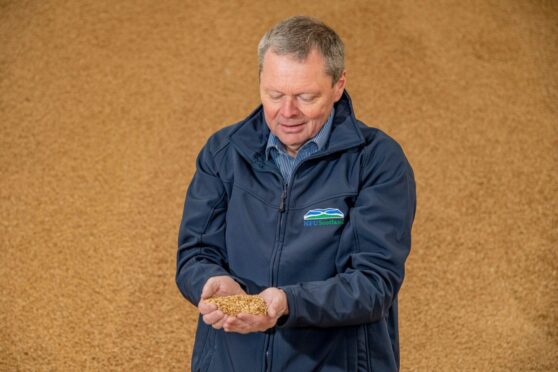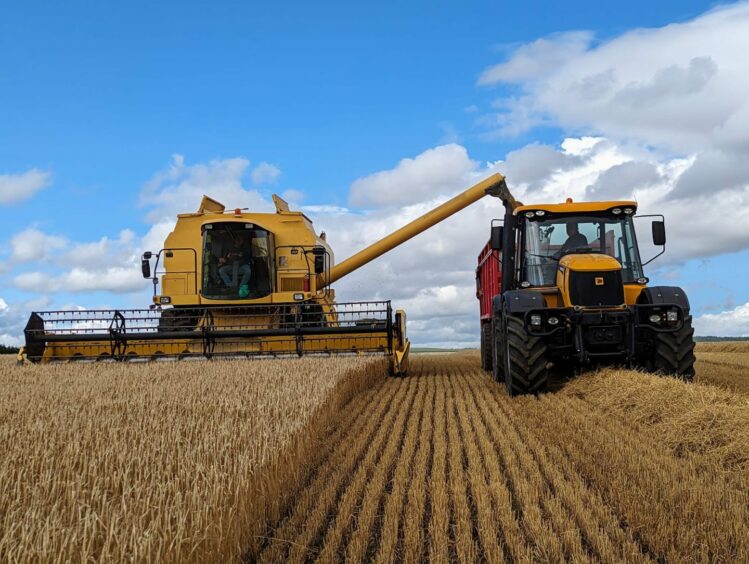Scotland’s farming union has reiterated that it is unsupportive of the introduction of digital grain passports and that the current paper system is functioning well.
NFU Scotland has informed the Digital Grain Passport (DGP) leadership group that it does not support the move from paper to digital passports to accompany grain movements.
There has also been pressure coming from supply chain customers such as millers and maltsters seeking to implement digital supply chain traceability which brought additional urgency.
Paper system functions well, says NFUS
The union first challenged the proposed introduction of DGPs in November 2022 and over the last 18 months, has been part of the leadership, development and data stakeholder groups looking at the business case.
A consultation on the latest proposals closed in February 2024 and a new business case was brought forward to the industry last month.
NFU Scotland’s view on the new business case was discussed at a meeting of the leadership group on Friday.
NFUS vice-president Andrew Connon from Auchnagatt and the union’s combinable crops committee chair Jack Stevenson from Banff have been members of the DGP Leadership group.
Mr Connon said: “NFU Scotland members made the bold but justifiable decision to put the brakes on the introduction of DGPs 18 months ago until a clear business case for their introduction could be made.
“After further consultation with members on the latest business case made for the introduction of digital passports, there remains a strong feeling that the current paper system is functioning well for what our farmers need.
“Broadly, the committee’s view regarding the six tests remains unchanged. While we can see some potential advantages there remains question marks regarding complexity, accessibility, efficiency and proportionate costs.
Grain trade needs to decide what it wants going forward
“I thank our members for their continued engagement on this matter.
“There is no doubt that technology is the way ahead for our industry and some merchants are already using technology for feedback on analysis and weights, but technology needs to be proven to have a genuine benefit for our growers and in the case of DGP it has yet to satisfy the six key criteria that NFUS originally highlighted.
“In addition, the grain trade needs to decide what it wants as there are still mixed messages coming from Scottish suppliers, hauliers, merchants and end-users with some in favour but many others staunchly against the idea.
“With mixed messages from the trade, it is little wonder that Scotland’s farmers are not convinced of the benefits of moving to the proposed DGP.”

